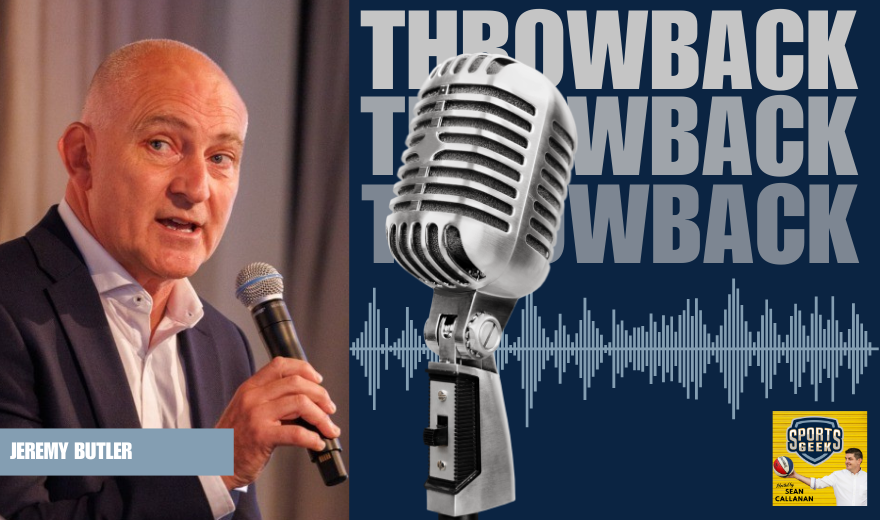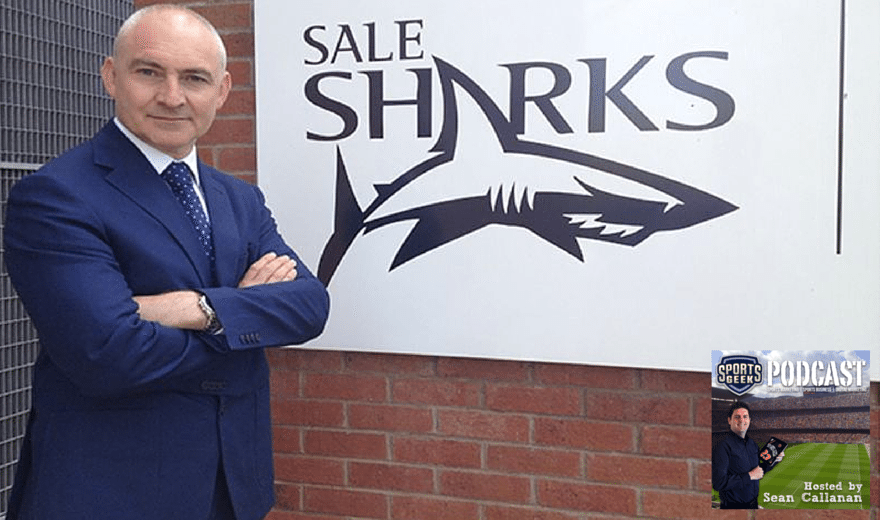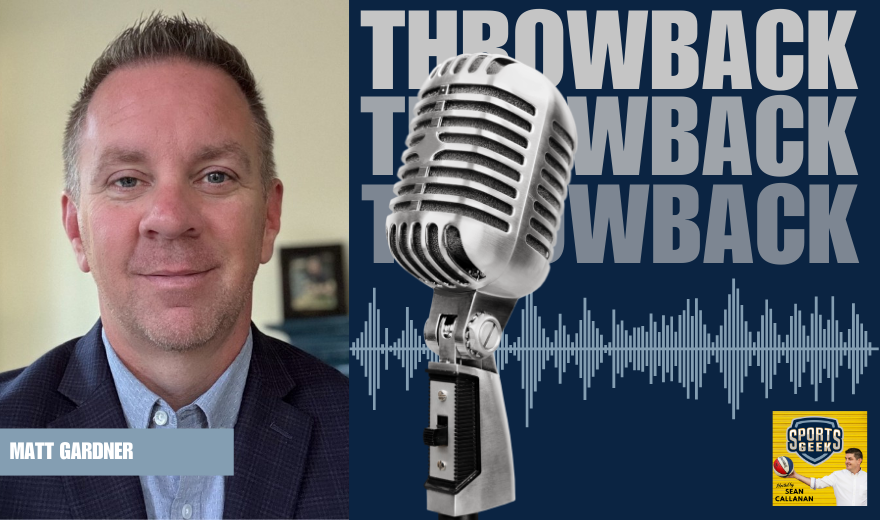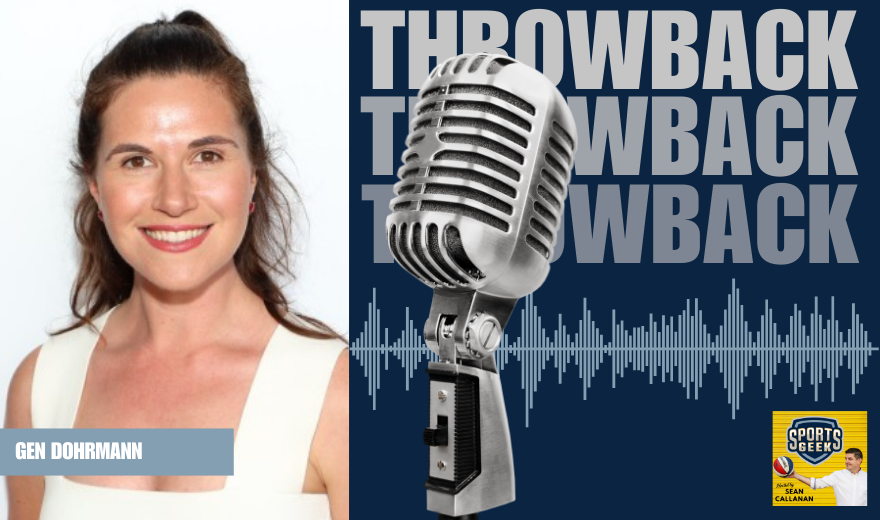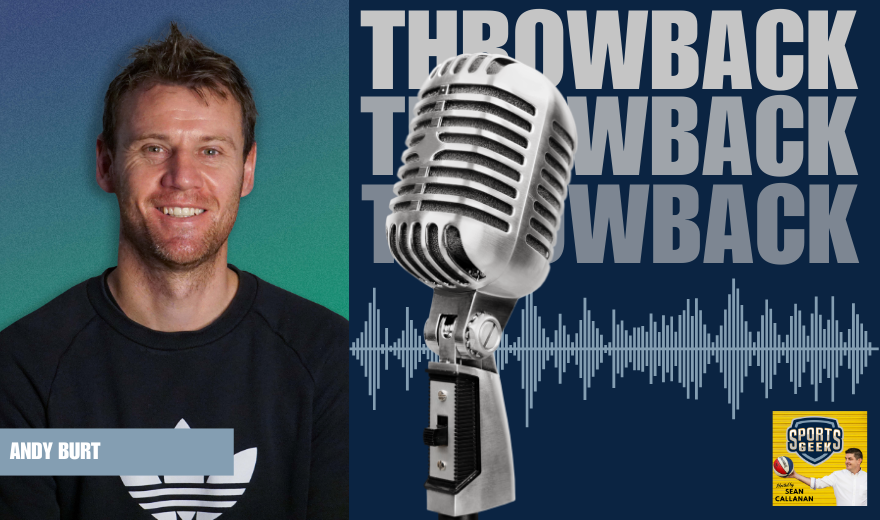This transcript has been lightly edited by AI
Sean: And the other thing is, especially in a really cluttered market and being that challenger brand, you can use those channels to get directly to those Sale Shark fans that do want that info and then start building on that fan base.
Jeremy: Yes, and we've got the Sale Shark rugby fans who want information in a timely manner. They want to know what's happening, what the coaches are saying, what the players are saying. But then we're also using some of the content to reach other markets. We need to grow our database, grow our fan base, and we're lucky. We're a very family-oriented sport. Rugby Union's got a great reputation, especially in England, for discipline, good core values, discipline, and respect. It's a sport that parents want their children to be involved in and understand. Football or soccer over here has had some, not scandals to the extent that I've probably seen overseas, but does have an image problem at times. Whereas we're a nice, clean sport.
One of the things that we saw studying the World Cup data, the Rugby World Cup was held in England in 2015, was a buying pattern and the huge increase in the moms who were buying tickets for children. We've seen that also in our database, our behavioral patterns in that we know that a lot of moms are looking for things for their children, their young boys and girls to do. We're seen as a nice, clean family entertainment. We do a lot of work around junior supporters and also around getting kids involved in playing sports, so it's a nice healthy environment for parents to come into. But that said, trying to go to a different marketplace rather than just saying the coach believes this will happen on the pitch, it's trying to get a message across, which can be done through diet advice, some coaching advice, these kinds of issues to attract moms in different marketplaces. And again, that's where hopefully a journalistic eye has helped because we've been asked to go into those markets, and we've understood what we need to be saying and how we say it.
Sean: And it's also a little bit that you've looked at different customer journeys to how they can become a fan and how they can become engaged with the Sale Sharks. Is that something that you sort of went through when you started? You said here is our core, these are the fans that are with us through thick and thin, but like you said, looking at the data from the World Cup 2015 and obviously riding off the wave of that, and the success of that in England, doing things like working at the customer journey for an 8 to 12-year-old boy or girl, and you want to follow rugby. What does that customer journey look like? What does the journey look like for a mom? How do you get the moms and families involved in the Sale Sharks? Did you go through mapping out some of those customer journeys to figure out what content you could serve to them and how you could start having those touchpoints to get them involved with the Sale Sharks?
Jeremy: We're lucky in that we have a very good community scene with Sale Sharks. We've got 17 members who are out in the community, so we've got some really good touchpoints. So a lot of the mapping is done through guiding people into the community program, which then is more of a soft sell, which I think people are more comfortable with. We talk about the values of rugby. I think that the biggest customer journey, the work that went in was buying tickets, the platform to actually buy tickets is Ticketmaster. We use the Ticketmaster system here, and it's not optimized for mobile. It's a very clunky experience, and I think that was probably one of the issues we had. We had a low conversion rate, and I think we did a lot of the work by getting people to the door, but then the door was shut. They couldn't access. They couldn't navigate their way through.
Sean: I'm sure we've got a few listeners nodding their heads as you're telling this story, Jeremy, because it's not a unique one around getting the final sale and having some problems with the ticketing system. Save


